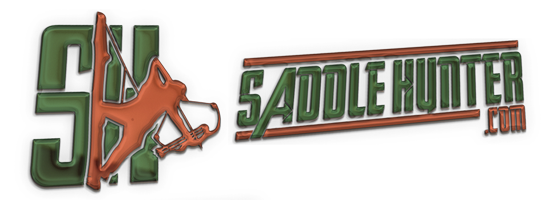michigandrake
Well-Known Member
Those are GoldTip Traditional carbons. I picked up a couple dozen cosmetic blems when they were around. I believe the insert/shaft damage was done after the shot. the broadhead lodged in a tree after impact but the arrow was still in the buck. When he started running the arrow came apart. The part of the arrow that was left attached to the broadhead was bent about 45 degrees and pointed right in his direction of travel. The damage to the shaft from the insert was more dramatic than the picture shows.What were you shooting? It looks like a wooden shaft? Maybe time to add a footer. Ashbys' # 1 rule.... arrow integrity. Still great performance.

